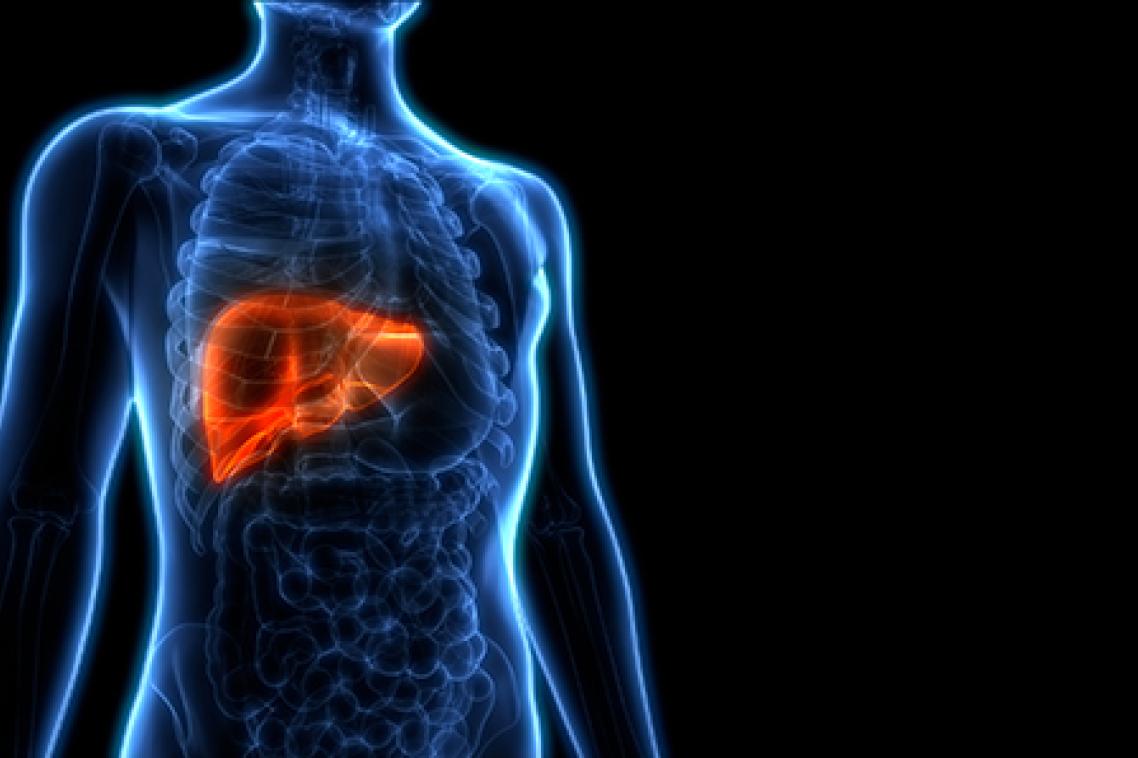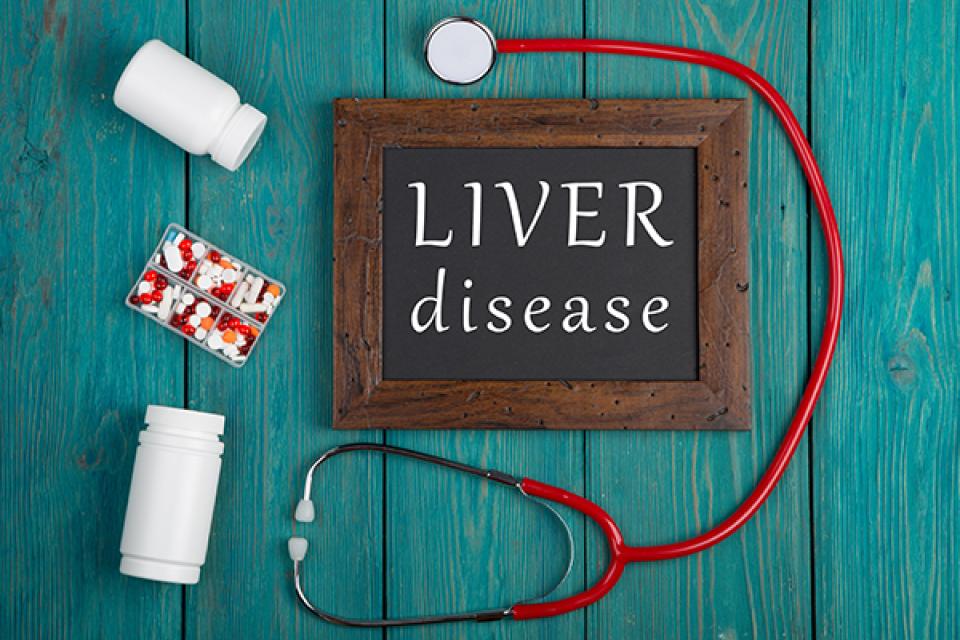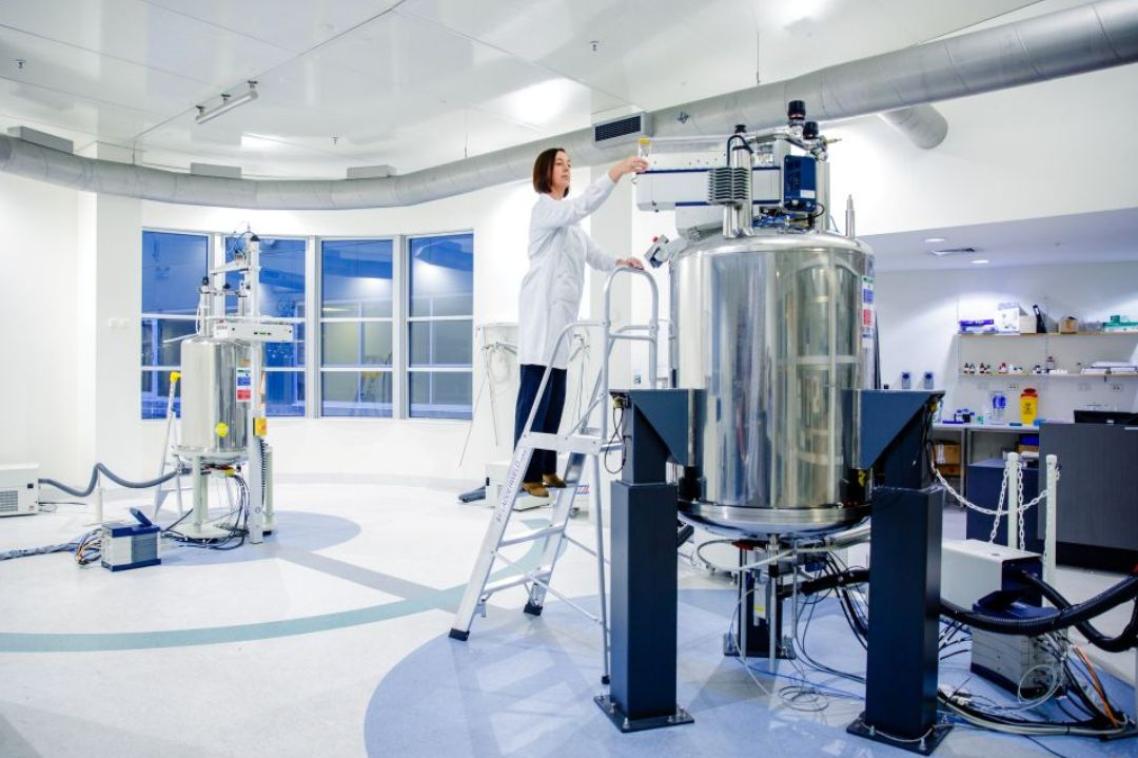UQ startup gets $1.3 million international backing for liver disease treatment

A University of Queensland startup company, developing a potential new treatment for obesity-related liver disease, has secured a seed investment of $1.3 million from IP Group, a UK-based intellectual property business.
Jetra Therapeutics Pty Ltd is developing a treatment with the potential to reverse liver damage caused by Non-alcoholic Fatty Liver Disease (NAFLD) and Non-alcoholic steatohepatitis (NASH).
The company was founded on intellectual property developed by Mater Research in partnership with UQ (MRI-UQ) and licensed by UQ’s commercialisation company, UniQuest.
The protein drug candidate was discovered by MRI-UQ Immunopathology Group Leader, Associate Professor Sumaira Hasnain, inflammation expert Professor Mike McGuckin, and clinical endocrinologist Professor John Prins (both now University of Melbourne).
Associate Professor Hasnain said the drug candidate would be used to investigate early-stage liver inflammation, which was difficult to diagnose and typically asymptomatic.
“Australian NAFLD cases are tipped to increase by a quarter by 2030, suggesting an enormous potential for a tsunami of future NASH cases,” Associate Professor Hasnain said.
“We know NASH is the pre-cursor for more serious end-stage liver disease, including cirrhosis and liver cancer.
“In fact, NASH is so prevalent in advanced economies around the world that it’s predicted it will surpass Hepatitis C as the leading cause of liver transplantation.”

Associate Professor Hasnain said MRI-UQ researchers discovered that targeting the liver and pancreas with an engineered cell signalling peptide, called IL-22, led to a decrease of both accumulated fat and inflammation, as well as improved metabolic measures such as glucose tolerance.
IP Group Australia managing director Mike Molinari said the company’s first investment with UQ helped launch Jetra Therapeutics in 2019.
“We’re proud to follow on from that initial investment to bring potential new treatments to patients and see this biologic further developed as a novel, targeted therapy,” he said.
“It is yet another example of the potential for the great research being done at Australia’s universities to improve lives and deliver future jobs and industries.”
UniQuest CEO Dr Dean Moss said IP Group’s investment reflected the quality of research at MRI-UQ and its ability to attract significant attention from investors.
“This investment is evidence of UQ’s ability to work with the world’s pharmaceutical industry in addressing an area of unmet clinical need,” Dr Moss said.
The funding will allow Jetra Therapeutics to continue its preclinical development plan, including testing the drug candidate in animal models.
Image above left: Adobe.
Media: UniQuest, Brooke Baskin, b.baskin@uniquest.com.au, +61 409 767 199; IP Group, Lucy Wigney, Cannings Strategic Communications, lwigney@canningscomms.com.au, +61 438 960 201.
Related articles

UQ ranked second nationally in AFR Best Universities Ranking

UQ experts recognised for national impact
Media contact
UQ Communications
communications@uq.edu.au
+61 429 056 139
